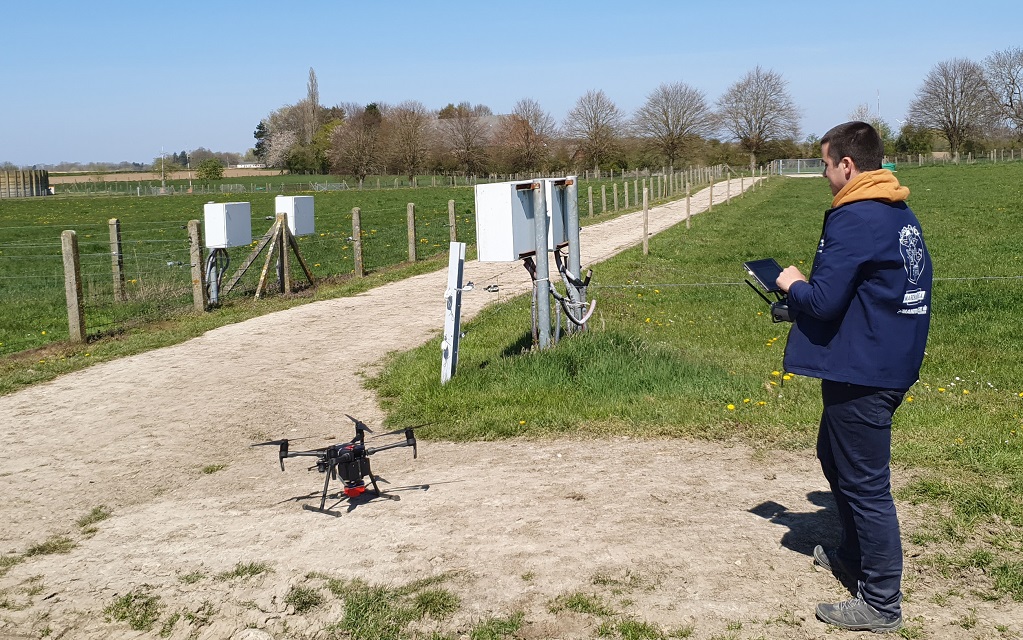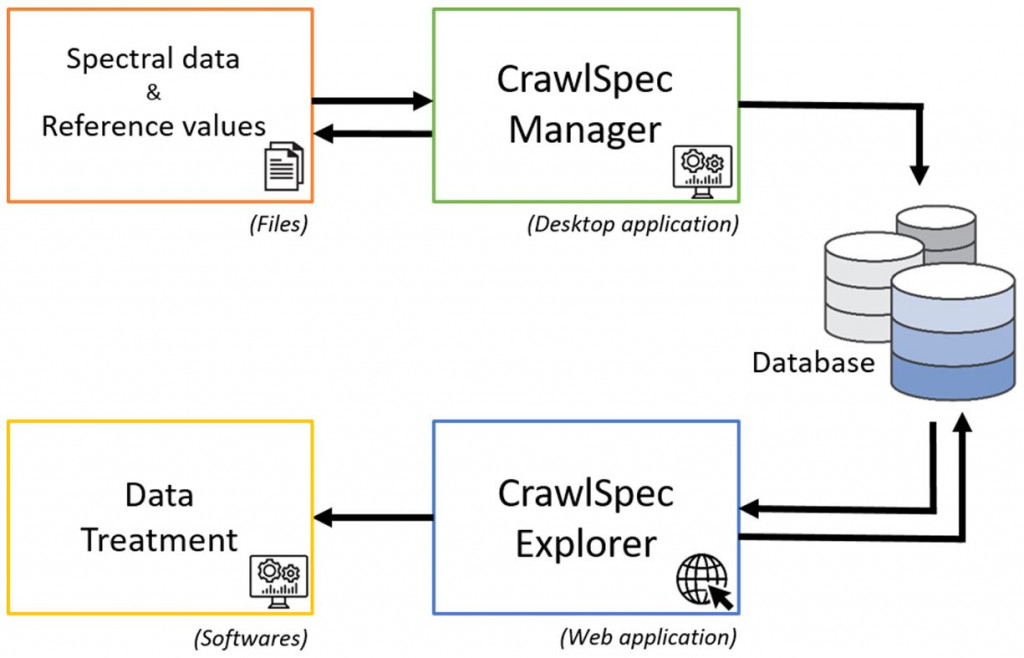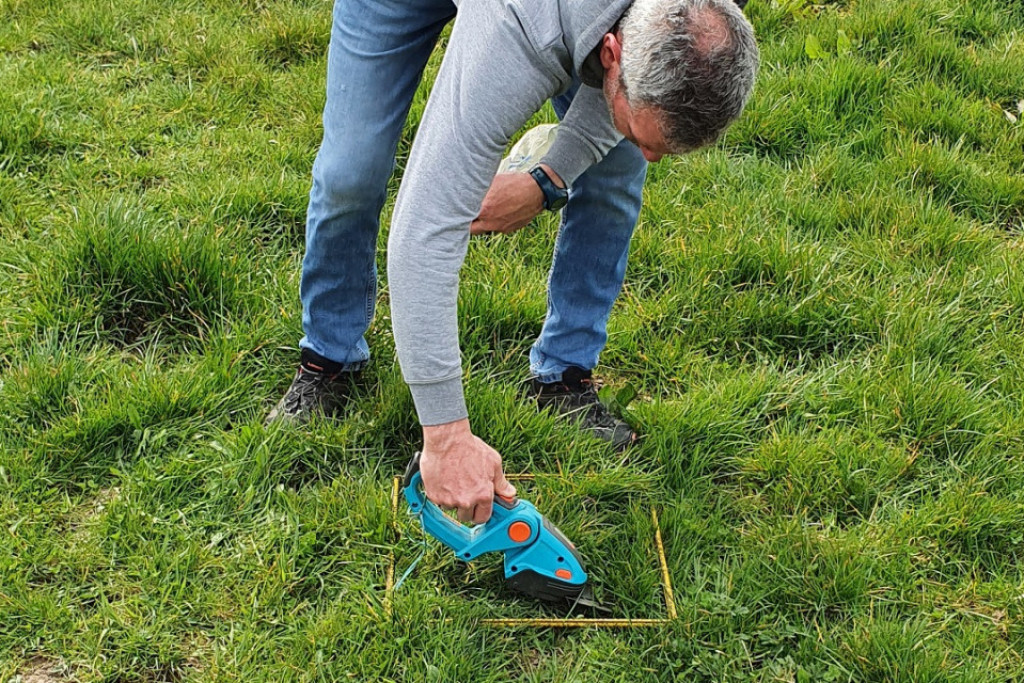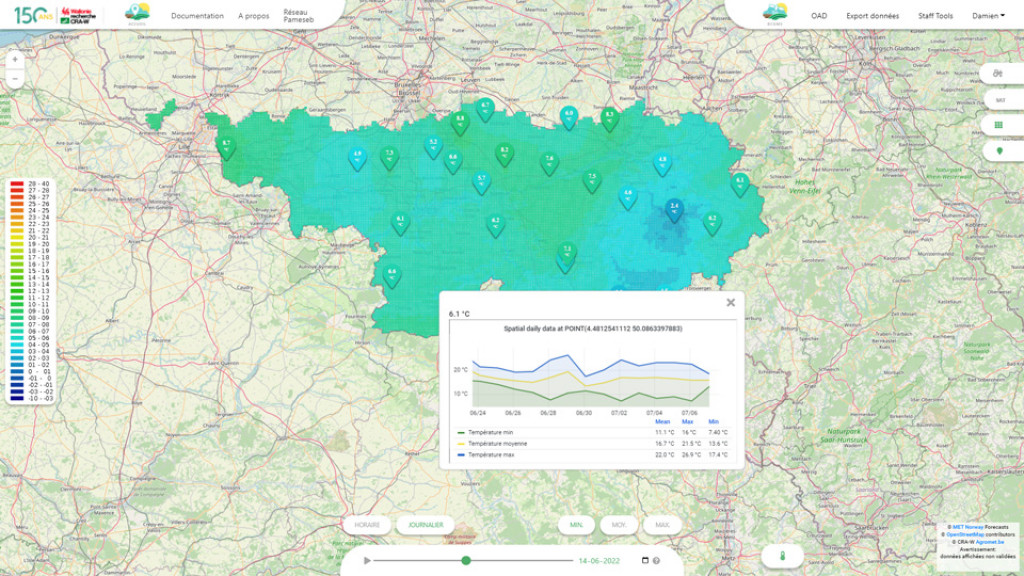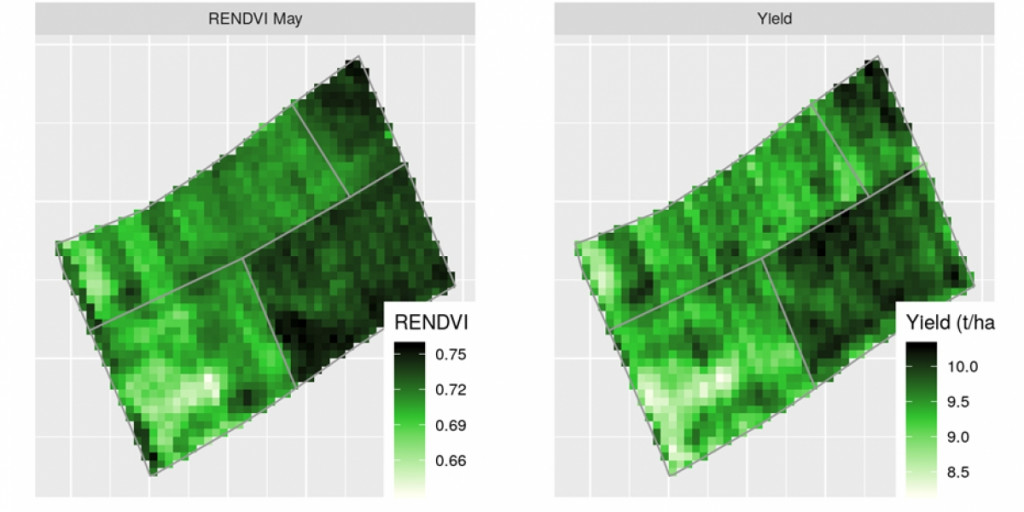Relying on the joint revolutions of sensors and big data, the European project PHENET aims at providing innovative phenotyping services.
These services based on sensor networks and high-resolution remote sensing will enhance the ability to acquire in real time a variety of agroecosystems’ characteristics. This information will be used to develop predictive models, in the context of climate change and agroecological transition. These tools will be mainly intended for research infrastructures, breeding and crop protection companies as well as farmers.
PHENET relies on a set of case studies to demonstrate the applicability of these technological solutions on various topics: the health status and phenology of crops, the soil quality, the genotype x environment interactions in field crops and orchards, the intercropping, the landscape systems. This European project (2023-2027) aims at implementing common actions for the implementation of low-cost sensors and multi-sensors platforms, centralizing and aggregating data collected at different scales (satellite, drone, ground measurement), developing growth models and organizing trainings.
Specifically, CRA-W provides its expertise in trials management, variety evaluation, and development of on-site analytical methods using optical sensors in the visible and near infrared. CRA-W is involved in the coordination of the case study on crops’ health status. This case study aims, in collaboration with GEVES and Agroscope, to propose/validate phenotyping tools, developed in the framework of Phenwheat and INVITE projects, for the monitoring of Fusarium head blight in trial plots of common wheat. CRA-W also explores the use of various sensors/platforms (sensors on a tractor boom, pedestrian-stick system), the possibilities of transferring these approaches for the detection of other diseases in cereal crops as well as the possibilities of real-time prediction.
Consequently, Phenet will serve as a demonstration of all these phenotyping services. It will provide new indicators for variety evaluation. It will also contribute to removing the barriers in the Walloon farming community regarding the acceptance and use of these new technologies.
Funding:
European Union Research and innovation framework Horizon Europe (convention number: 101094587).


